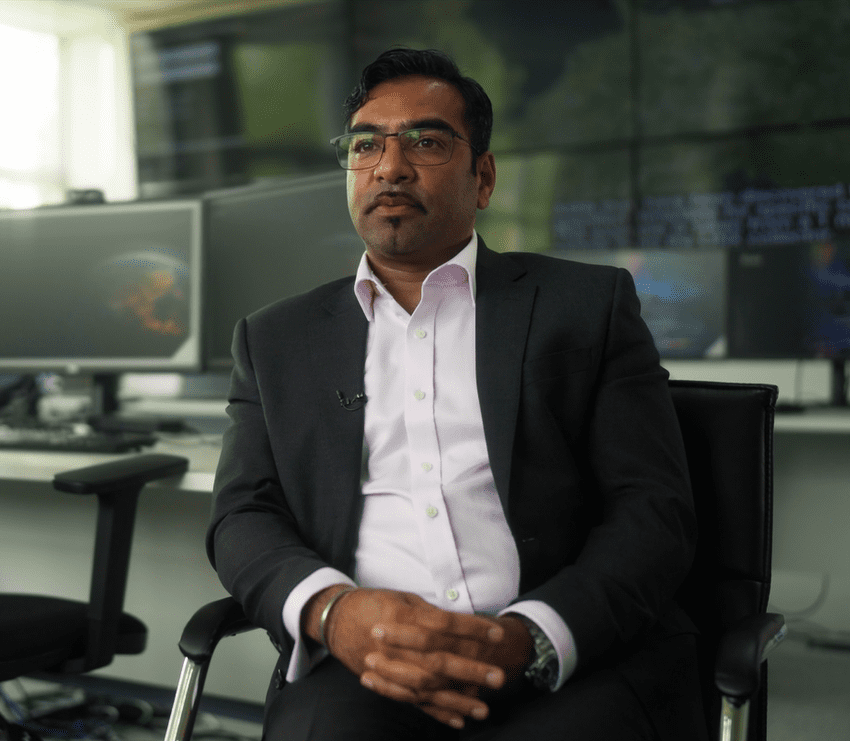About the film
This film features Roke’s senior leaders sharing their insights on the changing nature of conflict and the role of technology in national security. It explores how AI, cyber and digital tools create both opportunities and vulnerabilities, and why integration across land, sea, air, space and cyberspace is essential.
As a trusted mission partner to the UK Government, Roke delivers capabilities that protect the nation and its allies. From pioneering mobile communications standards to enabling space exploration, and today leading programmes such as Project STORM and Project ZODIAC, Roke combines expertise with operational impact.
The film also shows how Roke works with government, industry, academia and international partners to accelerate innovation, strengthen the UK’s research and engineering base, and ensure interoperability. Practical experience meets advanced technology to anticipate threats and rapidly turn ideas into operational advantage.
Above all, it demonstrates Roke’s mission focus: delivering trusted solutions, supporting national resilience, and helping the UK and its allies stay ahead of emerging threats.
Chris Squier, Defence Director
“The character of war is tracking changes in our day-to-day lives. We’re more reliant on data. We’re better able to make decisions more quickly in everything that we do. But it’s not just having these things available. What is key is the rate of adoption.”

Matt Albans, CTO
“Roke has a huge historical pedigree in multi-industry innovation, which it continues to support today. We have a constant reinvestment in technology literacy, which means that we generate wide-ranging knowledge and know-how of how to employ that technology for defence, security and wider industry.”

Raj Dedi, National Security Director
“Understanding cyber resilience and how it affects your business, partnerships and desired outcomes is fundamental to ensuring mission success. You need to understand the intent of those that operate irresponsibly in the cyber domain and how you go about countering them. As a critical mission partner to the UK government, we ensure that they have the right capabilities at the right time so they can ensure safety.”

Let’s talk
Roke’s veterans, engineers, scientists and business specialists will continue to operate wherever there is conflict, working with cutting-edge technology at the speed of threat across all domains.
If you’re facing a challenge that needs clarity, speed or a different kind of thinking – let’s talk. We’ll connect you with the right people to get things moving.
We look forward to hearing from you — and seeing how we can help turn your problem into progress.
